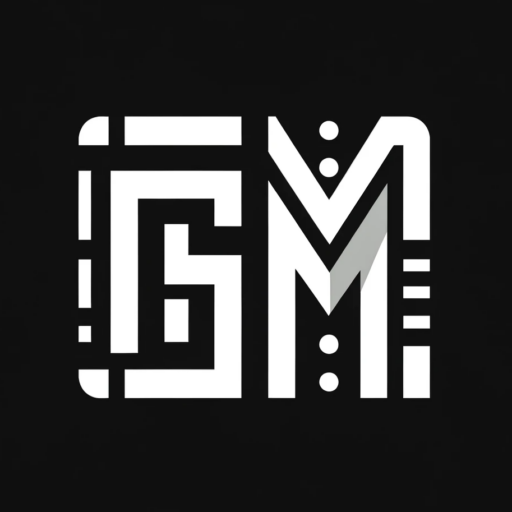I didn’t start working in tech until my late 20’s. I’ve always been interested in it, doing everything from building websites to building computers to get the edge in computer games as a kid in the 90’s. But my tech career didn’t start until late into my military career after college.
College
My college experience was a speed run. I focused on graduating quickly to get out in the world. I was fortunate to have two public institutions near my house to live at home and save money.
I started at a local community college, Modesto Junior College (MJC). I finished my two years of prerequisites in one year by loading up on classes and attending Summer/Winter sessions. I then transferred to the local state college, California State University Stanislaus, to finish the rest of my degree in a little over a year.
The great thing was that full-time tuition was the same no matter how many classes you took, so I loaded up on classes plus took Summer/Winter semesters. The result was completing my Bachelor’s degree with honors in a little over two years for under $6,000.
I was considering grad school but wandered into a job fair on campus that changed the course of my life. I saw a Marine Officer recruiter booth and walked towards it for some reason. A short time later, I was on the phone with my mom telling her I would be a Marine.
Marine Officer Candidate School (OCS) in Quantico, VA, is the crucible you must endure, and it’s physically demanding. So I joined the college track team’s practice squad to get in shape, graduated OCS the following summer (the youngest in my class), and was commissioned a 2nd Lieutenant in the United States Marine Corps once I graduated.
Marine Corps
While in the Marine Corps, I spent two years between Iraq and Afghanistan.
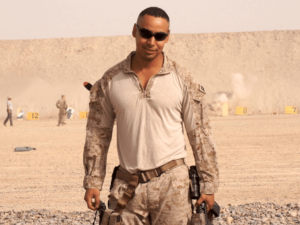
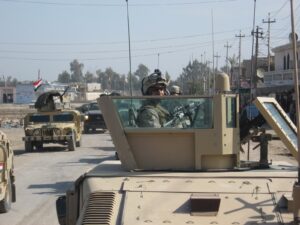
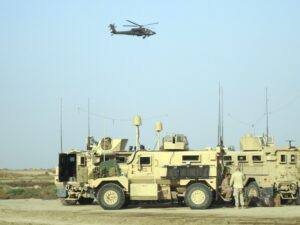
A year in Iraq
My first deployment was to Iraq for 12 months with an MTT (military transition team) attached to an Iraqi Army QRF (quick reaction force). We started in Fallujah and made our way around the country to other hot spots the QRF was deployed to.
We lived with the local forces outside the wire instead of on a large base where most troops were. This means we didn’t have the amenities of a large base, so in your free time, you were either working out, playing cards or watching movies. I saw these 1-year deployments as opportunities to grow.
I wanted to go to grad school, but the deployment put those plans on hold. Or did it? I got the curriculum for the M.S. program I was looking at and ordered all the books to read while deployed.
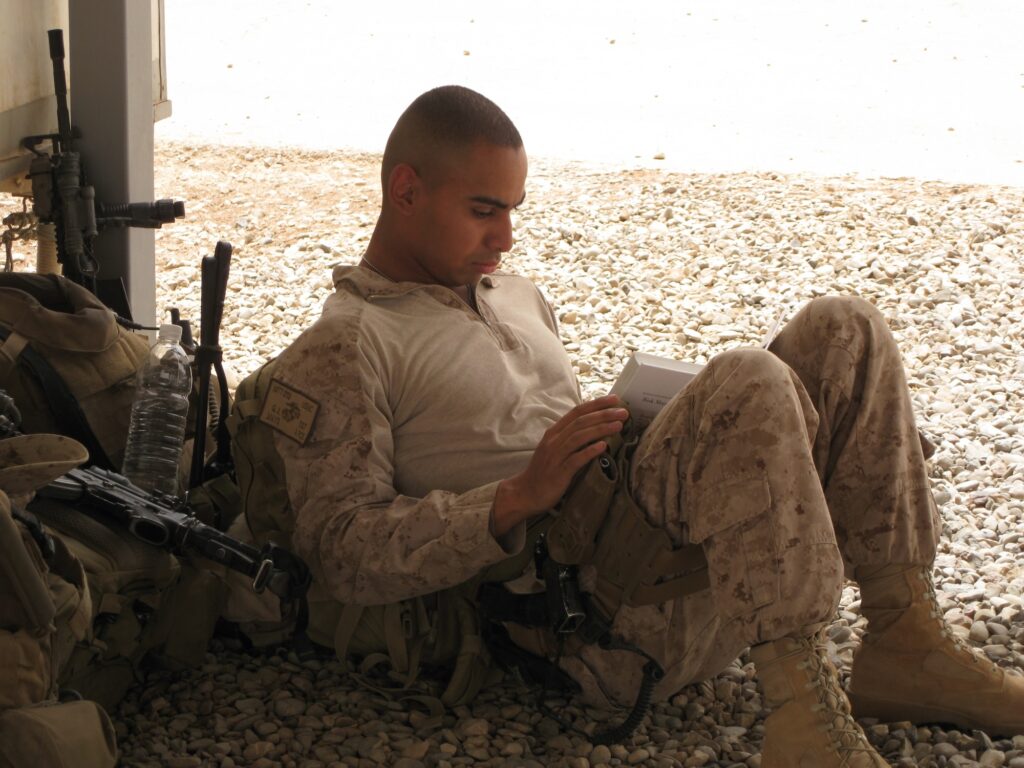
When I returned from deployment, I finished the graduate program at an accelerated pace while still on active duty, thanks to my studying while deployed over the past year.
My technology interest reignited while working on my M.S. thesis, for which I built a website application. It was rudimentary, but it worked (and it’s still around today).
A year in Afghanistan
My next deployment was to Afghanistan for another 12 months, but this time as part of a military transition team embedded with the Afghan Border Patrol in Helmand province (southern Afghanistan, near the Pakistani border).
I went further in teaching myself to code with a project that solved a bigger problem for this deployment, so that’s how Just Add Content started. The premise was twofold: 1) automatically create SMB websites (they just had to add their content) and 2) leverage the website as a hub to automate their business. Think Wix meets Zapier. Though Just Add Content was only marginally financially successful and the code was atrocious, it worked, and I was proud of what I’d built.
While building Just Add Content, I fell in love with building products. It unlocked a creative part of me that the military never did. It didn’t matter where I was or how bad things were. When I got lost in the product, everything else fell away.
In Afghanistan, I had a $300 duct-taped laptop on a makeshift desk with a piece of plywood across two plastic bins and a lawn chair in our hot, miserable tent. And it was amazing. Whenever we had downtime after an operation or convoy run, that’s where I’d be.
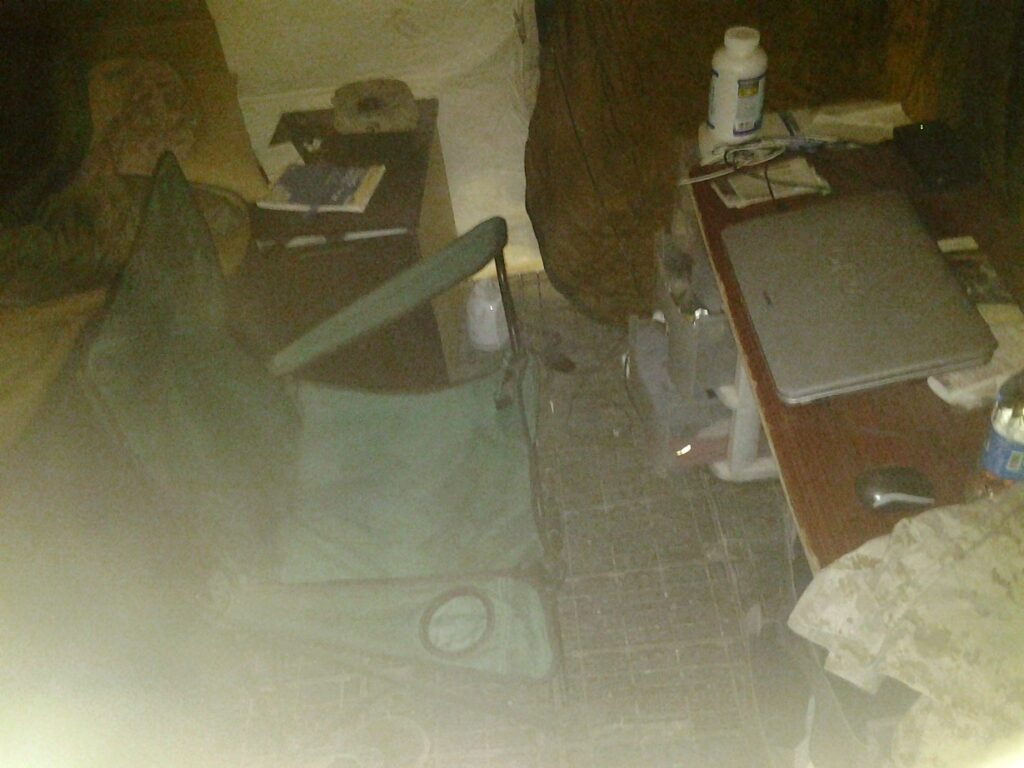
I’d fallen in love with building products. But I also loved being a Marine. Deciding to leave the Marine Corps for tech was tough. But a few months after returning home from Afghanistan, I left the Marine Corps to launch my fledgling app.
I’m grateful for the opportunity to serve and what the Marine Corps gave me, everything from the lessons I learned to meeting my wife (a fellow Marine). But leaving the military to start a career in tech has been immensely fulfilling, and I love what I do.
